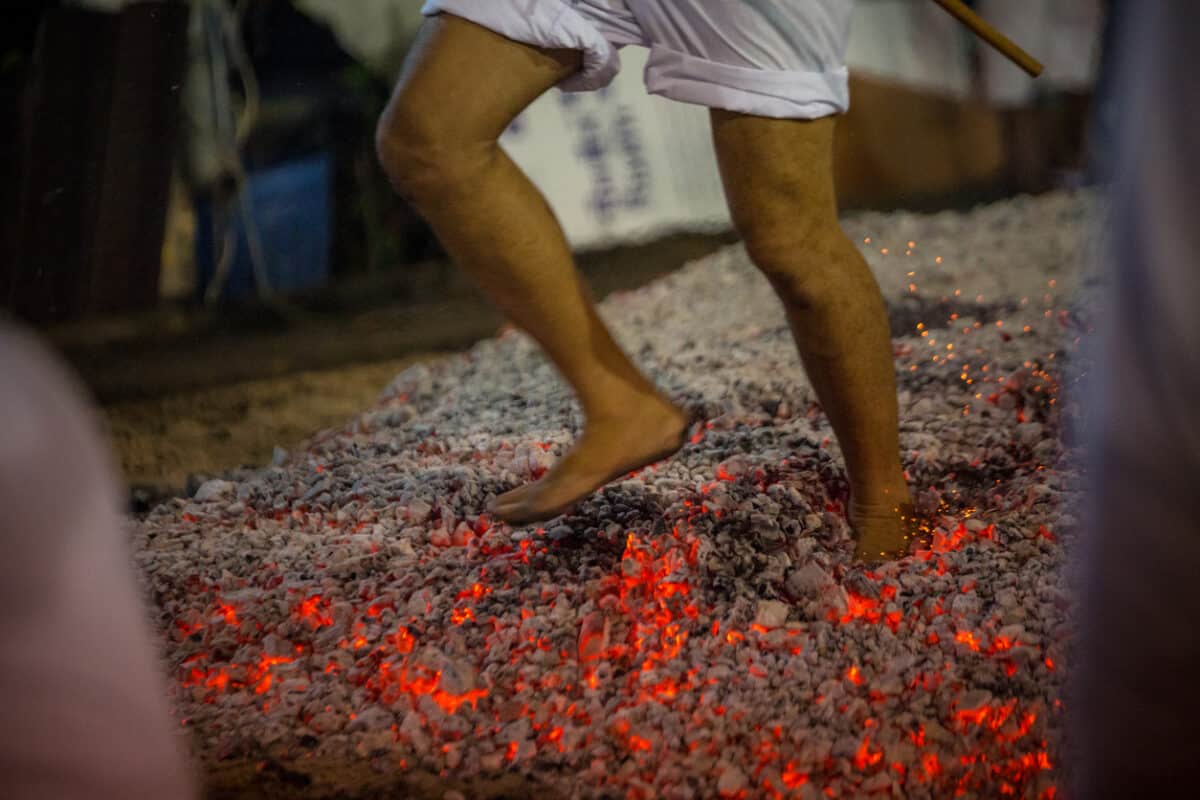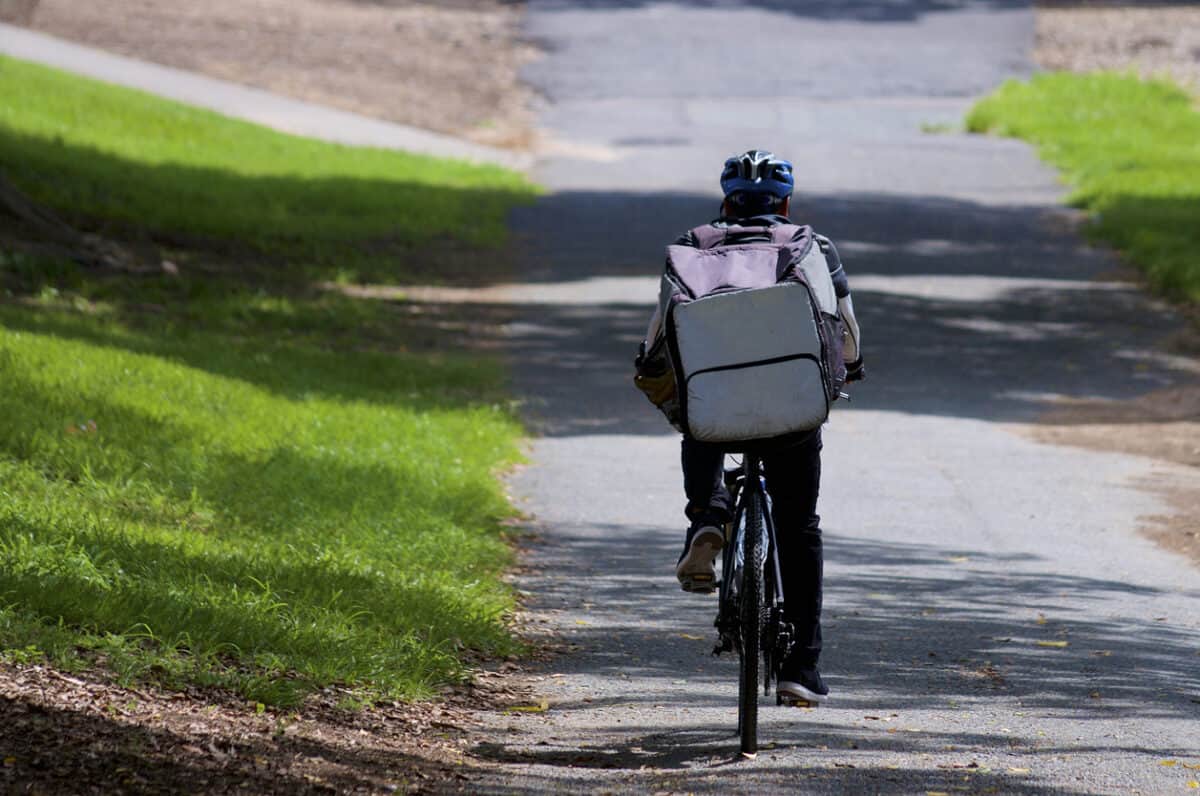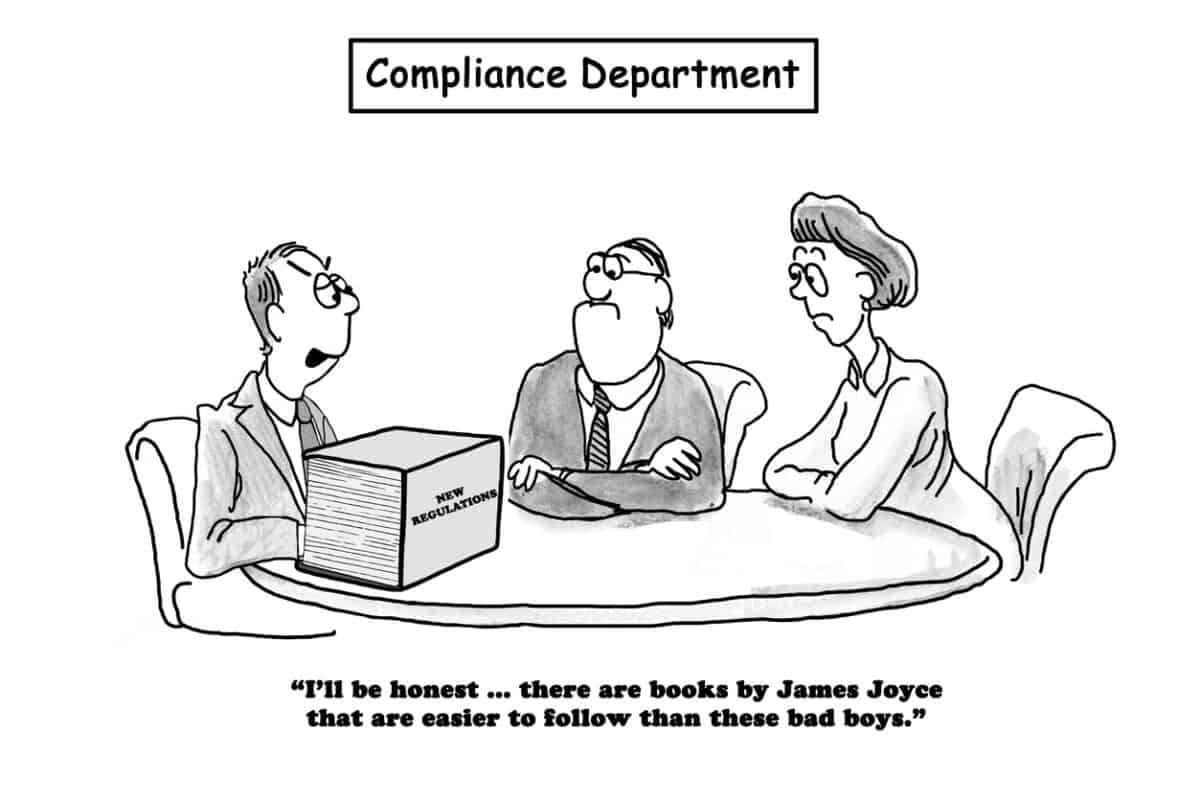Last week, SafeWork New South Wales progressed the management of psychosocial hazards at work with the release of its Designing Work to Manage Psychosocial Risks guidance. This document has been a long time coming and offers significant advice on how work and people management needs to change in order to prevent psychosocial hazards. However, its implementation is likely to generate considerable opposition and confusion, or even organisational shock, if it is not able to convince employers of increased profitability and productivity from making the change.
Category: disruption
In OHS, there may be no answers, but that’s okay
Subscribers will know that I often make connections with ideas from beyond the traditional occupational health and safety (OHS) areas. The other day I was travelling back from a regional part of Victoria, listening to All Things Considered. There was an article about regaining and maintaining a sense of wonder. I found some wonderful OHS stuff.
When an increase of 0.5 percentage points is described as an outrageous 43% increase
This week the Victorian Government flagged changes to the workers’ compensation premiums and eligibility. This has generated outrage from business lobby groups and the trade unions, and as he is being criticised by both political extremes, Premier Dan Andrews believes his decision, i.e. being hated by everyone, is a winner.
The Age newspaper was one of the first to report (paywalled) on the announcement of these changes on May 19, 2023. Significantly it included a quote from Dr Mary Wyatt on the economic and social importance of injury prevention. Hers has been one of the few mentions of the role of good occupational health and safety (OHS) management.
Tip-Off Line Remember, if you have some OHS information that you want SafetyAtWorkBlog to investigate or that would be of interest to SafetyAtWorkBlog readers, please contact us on the anonymous-if-you-want tip-off line
Will firewalking become the norm?
Occupational health and safety (OHS) will have little effect on reducing the pace of global warming. Still, OHS will definitely need to assist in changing how we continue to work in future weather extremes. SafetyAtWorkBlog has previously written about working in extreme heat, but a new multimedia report from the New York Times (paywalled) illustrates the challenges in some uncomfortable ways.
Guilt, shame, dissatisfaction: workers and customers on the gig economy (and how to make it better)
This article is republished from The Conversation under a Creative Commons license. Read the original article.
The gig economy is in trouble. Rideshare drivers are cancelling in droves. Wait times for food delivery are ballooning out and driver shortages are leading to food waste.
So, what’s going on? To find out more, I interviewed 30 Melbourne gig workers who worked as rideshare drivers, food deliverers or for task-based platforms such as Airtasker.
I also spoke to 30 customers who use such services, and to 20 industry stakeholders. My colleague, Elizabeth Straughan from the University of Melbourne, conducted a further ten interviews with gig workers after the pandemic set in, to learn how they’d been affected.
Continue reading “Guilt, shame, dissatisfaction: workers and customers on the gig economy (and how to make it better)”Over-emphasising the COVID pandemic
Everyone has struggled through the COVID-19 pandemic. Many have died. We have to continue to make many allowances for businesses and people due to the disruption, but some are using the pandemic as an excuse for not doing something. Occupational health and safety (OHS) inactivity is being blamed on COVID-19 in some instances, masking or skewing people’s approach to workplace health and safety more generally.
Continue reading “Over-emphasising the COVID pandemic”Why is the world “enthusiastic” for regulations?
Unsurprising from a global business magazine, The Economist’s special report on January 15 2002 (paywalled*) bemoaned the new “enthusiasm for regulation”. It clearly includes occupational health and safety (OHS) laws and Australia in its consideration but stops short of asking why this new enthusiasm exists.
Many regulations, especially in OHS, are proposed and introduced to address a wrong or misbehaviour or a new hazard. A major catalyst for Lord Robens‘ OHS laws in the 1970s stemmed from industrial deaths, especially those of the public. The pattern of deaths as a catalyst for change continues today with the Industrial Manslaughter laws, for instance. Another catalyst is new cultural sensitivities; what was tolerated previously is no longer acceptable.
The workplace bullying changes late last century in Australia is a good example, but this also ties in with unacceptable levels of harm. Bullying was often part of the initiation to work and seemed acceptable until workers were severely injured and traumatised, and people found out about it.







